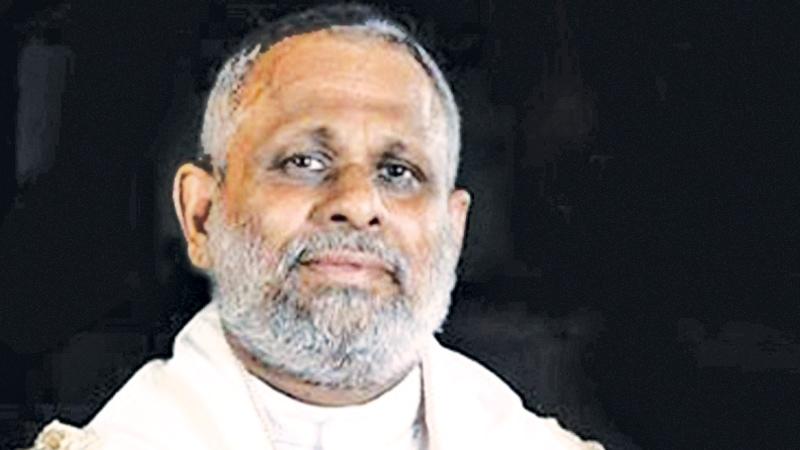

Sri Lanka is celebrating seventy years of Independence from the colonial past, this year, 2018. The journey towards our independence and the journey from the independent era towards modern times has not been easy. There have been many points of debate, conflicts and continued struggles. Sometimes, we, as citizens and onlookers doubt why a small nation such as ours with people who are naturally friendly and smiling, cannot live in peace and unity. Unity in our country has had many changes to its meaning through the seventy years. Our country is blessed with many resources, from natural to biodiversity to a rich heritage to human potential. We are blessed to have within us many great religious traditions, cultures, languages and ideologies. All these aspects have enriched the life of the country. On an important occasion such as this, we must ask ourselves whether we treat this diversity as a strength or as a threat.
Compromise
There are many people who often think we have to compromise our diversity to work together. This is the western model. Because of their homogeneous structures they are able to have this model. For instance, almost all the British people are able to speak to each other in English. Therefore, they can use English as their focus for unity by accepting other languages as diversity. However, this model will not suit us in Sri Lanka. Hence, we have to emphasize Diversity in Unity. A classic example comes from the narrative in the gospel of John. According to the writer of this gospel when Jesus was crucified his offence on the top of the cross was written in 3 languages, namely, Latin, Greek and Hebrew.
What was the reason for this: Because “Latin was the official language of the Roman Empire; it represented human government, power, and conquest. Greek was the international language of culture; it represented human wisdom, art, and commerce. Hebrew was the religious language of the Jews; it represented the Covenant Race, the Law of God, and the means by which God made Himself known to man. In the providence of God, all of these human and divine institutions were addressed when Jesus was crucified”.
Most probably, Jesus spoke Aramaic at home. His religious language was Hebrew. The official language of the Roman Empire was Latin and the universal language of that era was Greek.
We have a similar situation in Sri Lanka. For instance, one language is enough to live in a remote village, to go to the next village one needs two languages. To venture out anywhere beyond you need three languages.
All these realities remind us of the necessity to emphasize the Diversity in Unity. The emphasis is on the word ‘Diversity,’ in the sense that it leads to Unity. The model that was probably pressed down on the country was, Unity in Diversity where emphasis is on the word ‘Unity’. The second form is much easier to follow as it is like a blanket thrown over whatever differences that are present and then look at the blanket and say, ‘it covers all the differences’.
The first form is probably more challenging as we look around and see much Diversity and we question how can ‘I’ or ‘We’ work or coexist with others who are different to what I stand for, as they follow a different faith or speak a different language? It needs a lot of compromise, flexibility and most of all respect to know the ‘other’ in his or her background. Knowing the ‘other’ is an educational as well as a spiritual venture. It is educational as we learn about the other faith and culture. It teaches us about their history and what they do and why they do it.
It teaches us about their anxieties and insecurities. On the spiritual dimension it teaches us about another person who lives and moves among us, God’s creation just as we look at ourselves. The same love and mercy that God has poured into ‘me’ is also poured into the ‘other’. If I am ignorant to reject this, I reject God’s love and mercy. Jesus himself met, talked, learned and collaborated with many of the ‘others’ in that society.
Colonial
The Jews themselves were broken into many sects and were under a colonial rule, the Romans. Jesus’ ministry in that context was not to change the entire world. He worked with each person, transformed many of them, taught all of them to bear with one another.
This positive attitude for our neighbour is not only a Christian principle, it can be found in many faiths and even in ethical and psychological realms. Let us hope that all of us will be able to foster this kind of attitude so that we are able to see Diversity as potential and Unity as an outcome of Diversity.
